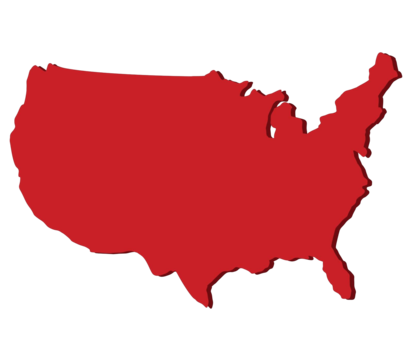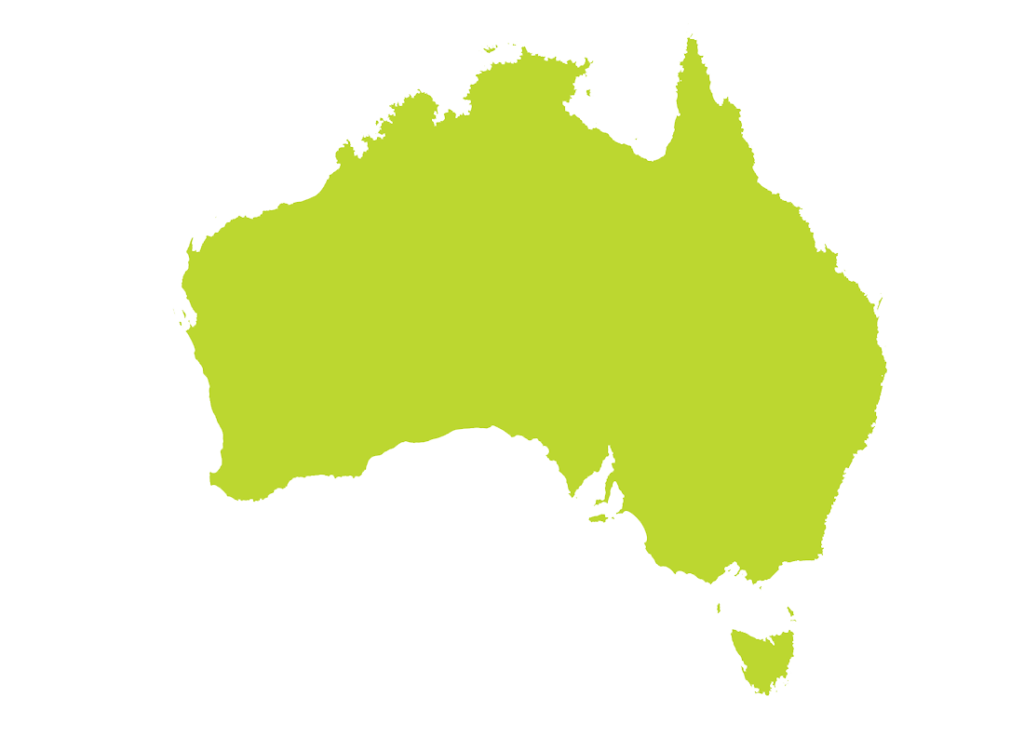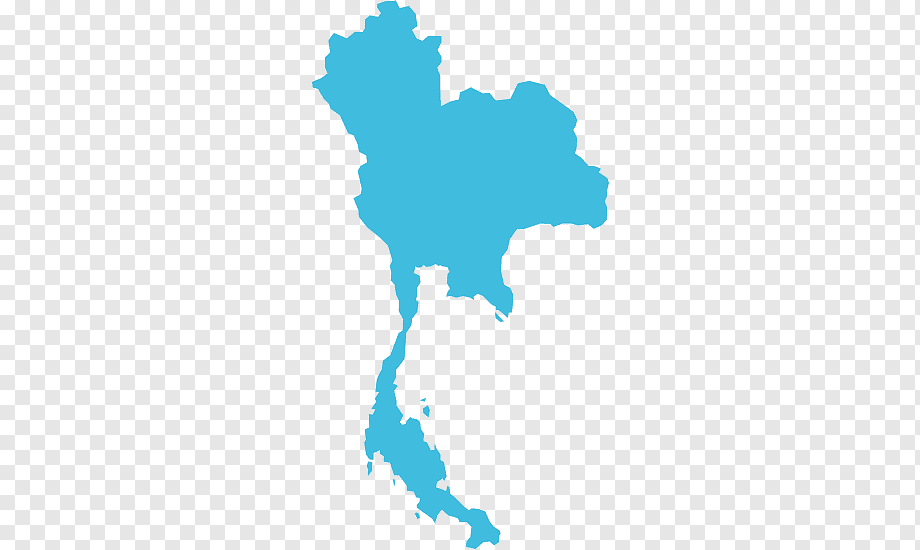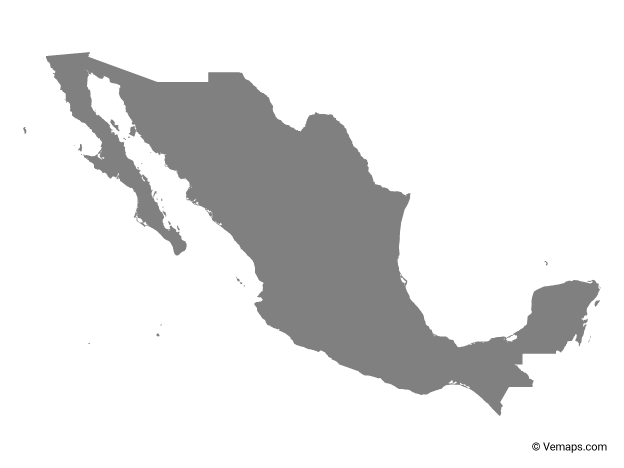Home » Access The Global Market
Medical products require CE marking before they can be marketed in the EU. CE marking proves that your product has been assessed and meets EU safety, health and environmental protection requirements. It is valid for products manufactured both inside and outside the EU, that are then marketed inside the EU.
Europe is undergoing a wide update of its regulations for medical devices, with the recently enforced MDR coming to replace the old AIMDD/MDD

Manufacturers that are involved in the production and distribution of medical devices in the USA are required to register annually with the FDA. The Center for Devices and Radiological Health (CDRH) is the FDA center responsible for overseeing the medical device program.
Brazil, Argentina & Colombia

In Australia, TGA (Therapeutic Goods Administration) submissions are essential for obtaining approval to market and sell therapeutic goods, including pharmaceuticals and medical devices. These submissions require comprehensive documentation and data to demonstrate product safety, quality, and efficacy. TGA reviews the submissions to ensure compliance with Australian regulations. Approval is necessary for products to be legally marketed and distributed in the Australian healthcare market.

In Thailand, TFDA (Thai Food and Drug Administration) submissions are a critical part of gaining approval to market and distribute healthcare products, including pharmaceuticals and medical devices. These submissions involve providing detailed information and documentation to demonstrate product safety, quality, and efficacy. TFDA reviews the submissions to ensure compliance with Thai regulations, and approval is essential for access to the Thai healthcare market.

In Canada, Medical Device License (MDL) submissions are for individual medical devices, while Medical Device Establishment License (MDEL) submissions are for companies involved in device distribution. MDL authorizes device sales, and MDEL authorizes business operations in the Canadian medical device market. Compliance is vital for patient safety and market access.

In Mexico, COFEPRIS (Federal Commission for the Protection against Sanitary Risk) submissions are a crucial step for gaining approval to market and sell health products, including pharmaceuticals and medical devices. These submissions involve providing detailed information and documentation to demonstrate the safety, quality, and efficacy of the products. COFEPRIS reviews the submissions to ensure compliance with Mexican regulations, and approval is necessary for access to the Mexican healthcare market.